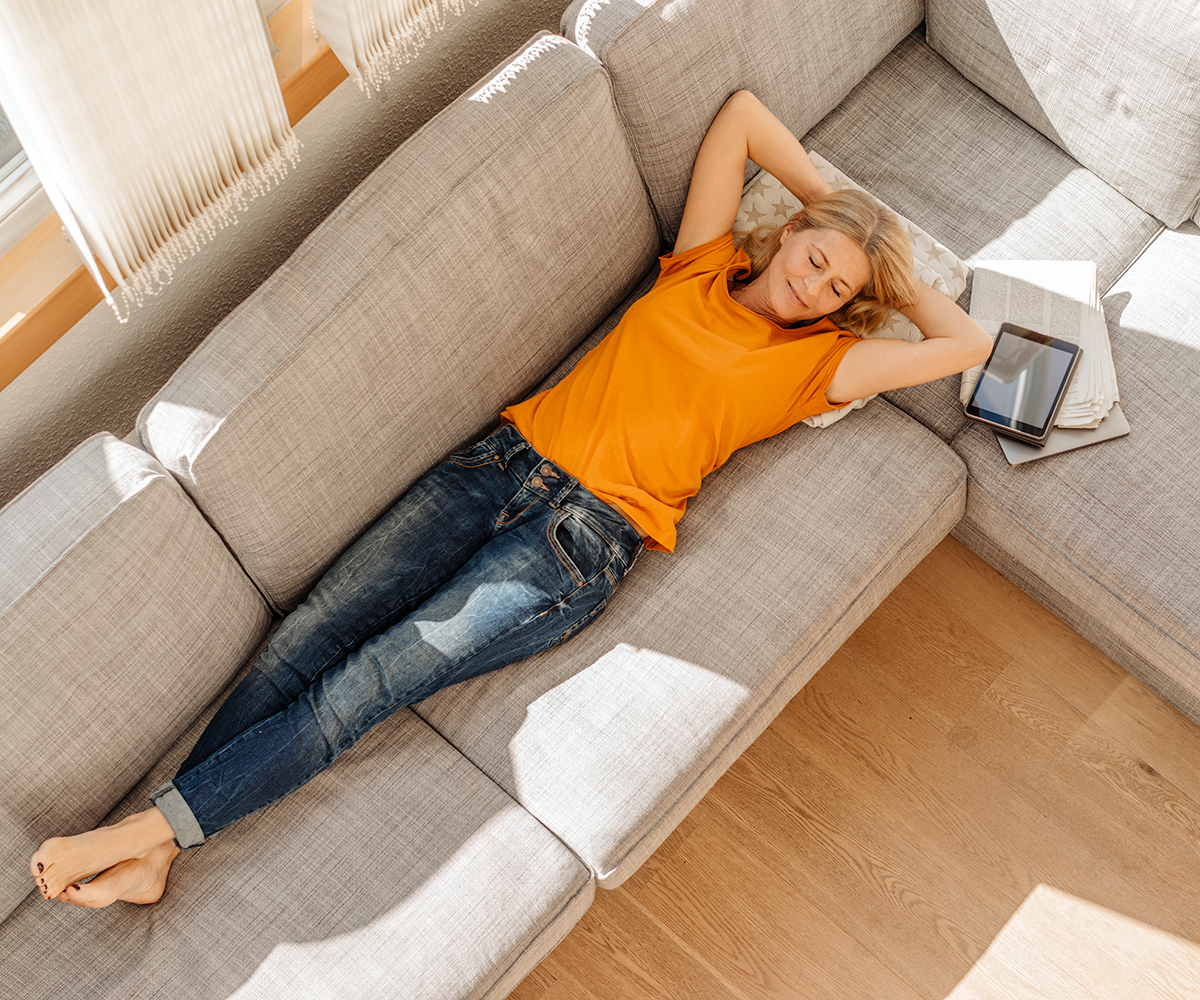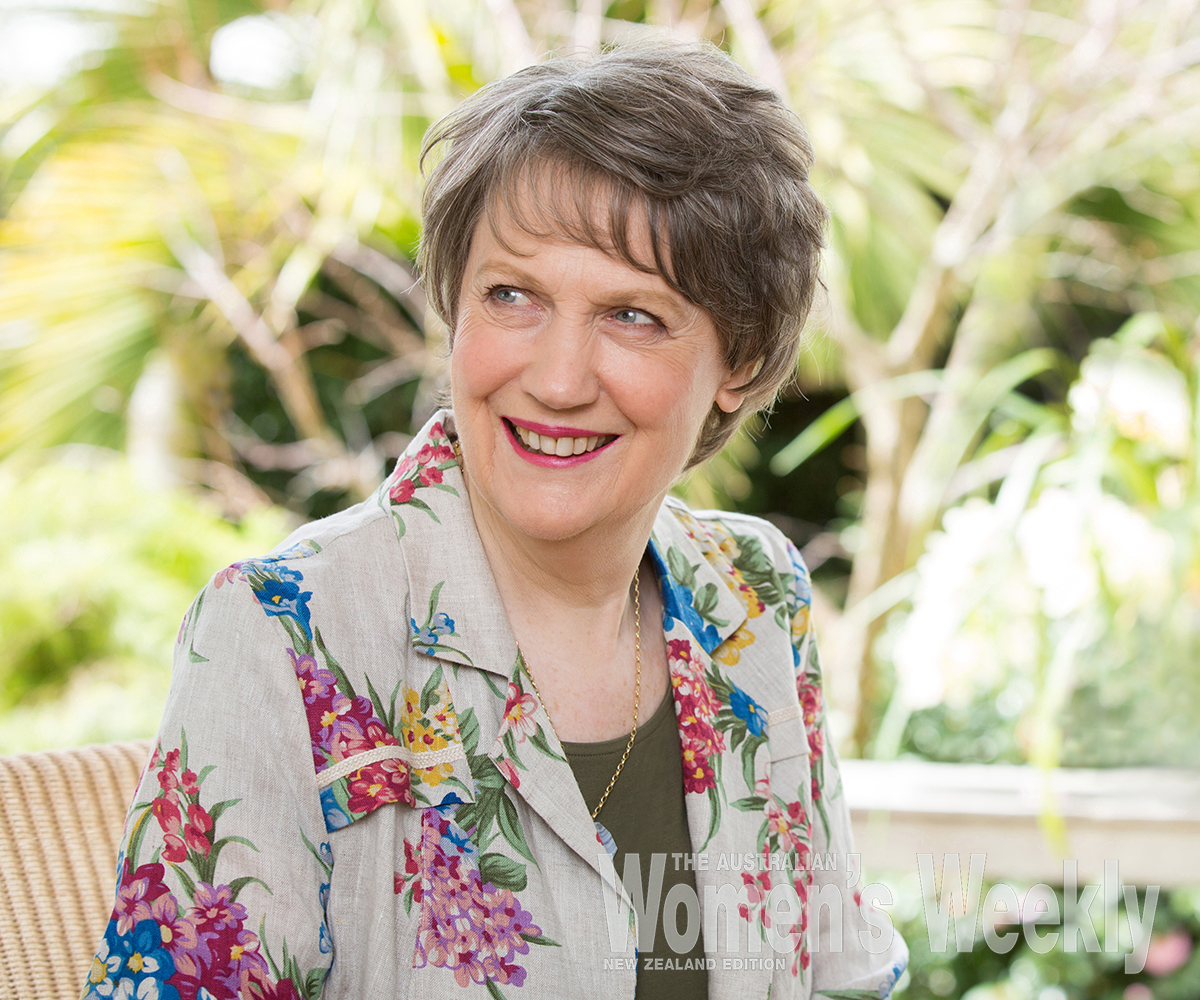A global study that compares 100 countries to find out which has the best living standards for women has ranked New Zealand 18th overall.
The 2019 Women’s Liveability Index was conducted by Nestpick, an online global platform for rental accommodation searches. Using data and statistics from 100 countries it compared the living conditions of women in each to find out which country was the most liveable for women.
Norway came out at number one. Sweden and Canada were ranked second and third respectively, while our neighbour and arch rival Australia came in ahead of us at number 12.
The United Kingdom was ranked 19th, and the United States didn’t make it into the top 20.

The breakdown – and what the rankings don’t reveal
The study was divided into four categories – inequality, women in work, infrastructure and legislation. Within these categories, basic necessities such as health, safety and education were included, covering factors such as domestic violence rates, female life expectancy, contraceptive prevalence and female literacy rate.
Inequality:
In the category of inequality (which looked at data on the gender wage gap, sanitary product tax rates and human trafficking) New Zealand ranked well, taking third spot behind Norway and Sweden, respectively.
New Zealand has a comparatively low gender wage gap, at 7.15 per cent, compared to the rest of the world.
However, a 2017 research project by Motu Economic and Public Policy that found Kiwi women earn, on average, 84 cents for every dollar men earn, even in the same jobs.
Minister for Women Julie Anne Genter also points out that the gap is even greater for Māori and Pasifika women.
“Addressing the gender pay gap has to look at the ethnic pay gap as well.”
Watch: Kiwi celebrities’ reactions to finding out Kiwi women earn less than men for the same roles – story continues:
Meanwhile, period poverty regularly makes headlines in New Zealand, with students missing school because their families can’t afford sanitary products. Manurewa MP Louisa Wall has rallied to keep the issue in the spotlight and joined forces with The Salvation Army and companies such as Countdown and U BY KOTEX® to address the issue.
Women in work:
NZ also scored well in the women in work category – which looked at the percentage of women in middle and senior management positions and governmental and founder positions.
We ranked fifth, behind Iceland, Singapore, Sweden and Estonia.
Yet New Zealand has more CEOs named John than CEOs who are women – a striking fact regularly quoted by Girlboss founder Alexia Hilbertidou, who has made it her mission to encourage girls into entrepreneurial and leadership roles, as well as take up science, technology, engineering and maths in school.
Former PM Helen Clark has voiced her concern that more Kiwi women need to be in boardrooms – see the video below.
Watch Helen Clark talk about gender inequality – story continues after video:
Infrastructure:
In the infrastructure category, we did fairly well, ranking 17th.
(This category looks at domestic violence rates, laws on violence against women and attitudes towards domestic violence, female literacy rates, expected years of education, UN education score, maternal mortality rates, access to contraceptives, rates of breast and cervical cancer, and instances of female genital mutilation.)
While the score reflects our progress and achievements on a range of factors, it cannot be ignored that it was arrived at despite New Zealand having one of the highest domestic violence rates in the world.
One in three Kiwi women will experience domestic violence in their lifetime.
Legislation:
In the legislation category, NZ’s score was both ironic and disappointing.
The category encompasses divorce laws, maternity leave length and women’s suffrage.
New Zealand was the first country in the world to give women the vote, and only the second to have a leader with a baby while in office – yet our ranking was 49th.
What let us down was our paid paternity leave entitlement and abortion laws, explains spokesperson Elizabeth Ryan.
“New Zealand has a much lower paid maternity leave length compared to other countries, and also stricter abortion laws.”
New Zealand’s paid parental leave entitlement of 22 weeks – falls well below the OECD average of 48 weeks.
Abortion is still under the 1961 Crimes Act.
Reaction from Minister for Women Julie Anne Genter
So what does our Minister for Women, Julie Anne Genter, think of the findings?
Our overall ranking of 18th she found encouraging, saying “Aotearoa has always led the world for women getting a better deal.”
But she felt it didn’t give us an excuse to “become complacent”.
“I know that women and girls in New Zealand need to see the benefits of gender equality in their own lives.”
On our inequality score, which included a focus on the gender wage gap, she says we “have more to do”.
“New Zealand has made significant progress in ensuring workers in female dominated industries, like aged care, get paid fairly. Due to a successful court case, and thanks to 2018 New Zealander of the Year Kristine Bartlett and her union, E Tū, 55,000 women got a pay increase. Now the government is looking at what other industries have been underpaid for too long because it is predominately women doing the work.”
Despite our high domestic violence rate, Genter is keen to remind us that the current government “was the first to have an executive position on domestic violence”.
“Undersecretary Jan Logie has set up a specific agency to look at solutions. Already we have made changes to the laws on family violence (including a specific new law that makes strangulation an offence),” she states.
In July last year New Zealand became the second country in the world behind the Philippines to pass a domestic violence leave bill entitling victims of domestic violence to 10 days’ leave and the right to request flexible working hours.
The new strangulation offence came into effect last December.
Genter says the government has recently “put $76 million into frontline services to ensure women trying to escape a violent situation can access the support they need”.
“Our goal is that all women are free from violence.”
On our abortion laws she says she’s pushing for changes and “proud to be working with the Prime Minister” on that.
What do you think we’re doing well at?, I ask Genter.
“We’re having important conversations about making our country better for women”, she replies.
“Last year we celebrated the 125th anniversary of women’s suffrage and I saw a groundswell of communities making progress for women. We are doing well at discussing the issues and challenging ourselves to do more. I want to acknowledge the many New Zealanders who are speaking out on important issues for women, whether that is sexual harassment or ending violence against women.”
However, she does feel “women’s needs have been overlooked by transport planning for a long time”.
Genter is hosting a bike ride for women to celebrate International Women’s Day on March 8 and she’d like to see women and children “put at the heart of planning” for safe cycling in the future.
At the bottom of the 2019 Women’s Liveability Index were Nigeria, Ethiopia and Pakistan, overall.
For the category ‘work’, it was Jordan, Qatar and Algeria; for ‘infrastructure’, Ethiopia, Nigeria and Pakistan; for ‘inequality’ Venezuela, Pakistan and Saudi Arabia – and for ‘legislation’, Egypt, Oman and Nigeria.
If New Zealand’s high scores were arrived at despite the significant amount of work that still needs to be done to achieve pay parity, put an end to domestic violence and period poverty, and see more women in the boardroom, god help the women in the lower-scoring countries.
Other interesting findings
● Rwanda has the highest percentage of women in government, at 54 per cent, referring to ministerial and parliamentary positions, followed by Sweden and France.
● Namibia has the highest percentage of women in middle and senior management roles, at 49 per cent.
● Estonia has the highest score for number of female entrepreneurs, followed by Singapore and Iceland.
● Singapore has the highest ‘women in STEM’ (science, technology, engineering, maths) score.
● Canada is the safest country for women, followed by Austria and Iceland.
● Australia has the highest education score, followed by Iceland and New Zealand.
● Norway has the highest health score, followed by Malta and France.
● Cameroon has the ‘lowest’ gender wage gap at -5.80 per cent, which indicates that women earn more than men in this country.
● 12 countries have a ‘zero tax’ policy on female sanitary products: Ireland, Canada, South Africa, Australia, Colombia, Jamaica, Uganda, Tanzania, Kenya, Malaysia, India and Nigeria.


